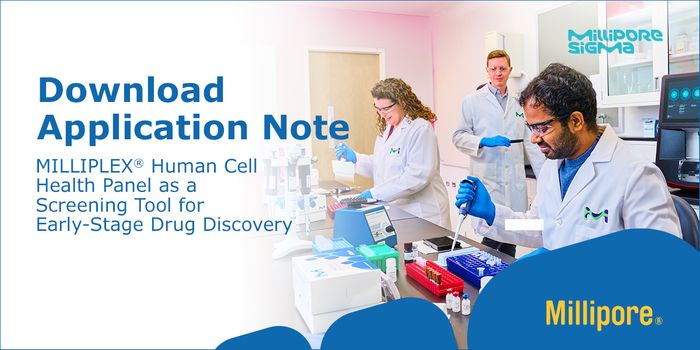A Shingles Vaccine for Cancer Patients
Receiving a vaccine (usually in the form of an inactivated pathogen) triggers an immune response without the symptoms of infection. This is like a drill that “trains” the immune system to recognize and destroy the pathogen should it be encountered in the future. Can vaccines offer the same protection if the immune system is compromised?
For patients with lymphoma, a cancer of the lymphatic system, the answer is usually no. This difficult-to-vaccinate group has an elevated risk of developing shingles — a resurgence of the virus that causes chickenpox — provoking a number of extremely painful and potentially life-threatening symptoms.
A shingles vaccine does exist and is recommended for adults over 50. Unfortunately, with the immune system crippled lymphoma patients are unable to mount an effective response to shield them from the virus. Moreover, BTK inhibitors, a pharmacological agent used to treat the cancer, is known to disrupt immune responses to the shingles vaccine.
Researchers at the Wilmot Cancer Institute have published data showing a promising new version of the shingles vaccine which has been shown to be safe and effective for lymphoma patients. The new and improved recombinant varicella zoster glycoprotein E (rVZgE) vaccine uses an adjuvant system with an inactivated virus, making it much safer for immunocompromised individuals. The data was published in the journal Leukemia.
“This is one of the best vaccine responses anyone has seen in patients with these indolent lymphomas,” said hematologist Clive Zent, M.D., one of the authors of the study.
The improved vaccine formulation was tested in a cohort of over 30 patients suffering from lymphoma and being treated with BTK inhibitor drugs. The analysis revealed that 87.5 percent of the patients showed a positive immune response after receiving the vaccine. Planned follow-up studies will track the immune protection offered by the new shingles vaccine in these patients.
Sources: Leukemia, University of Rochester Medical Center









